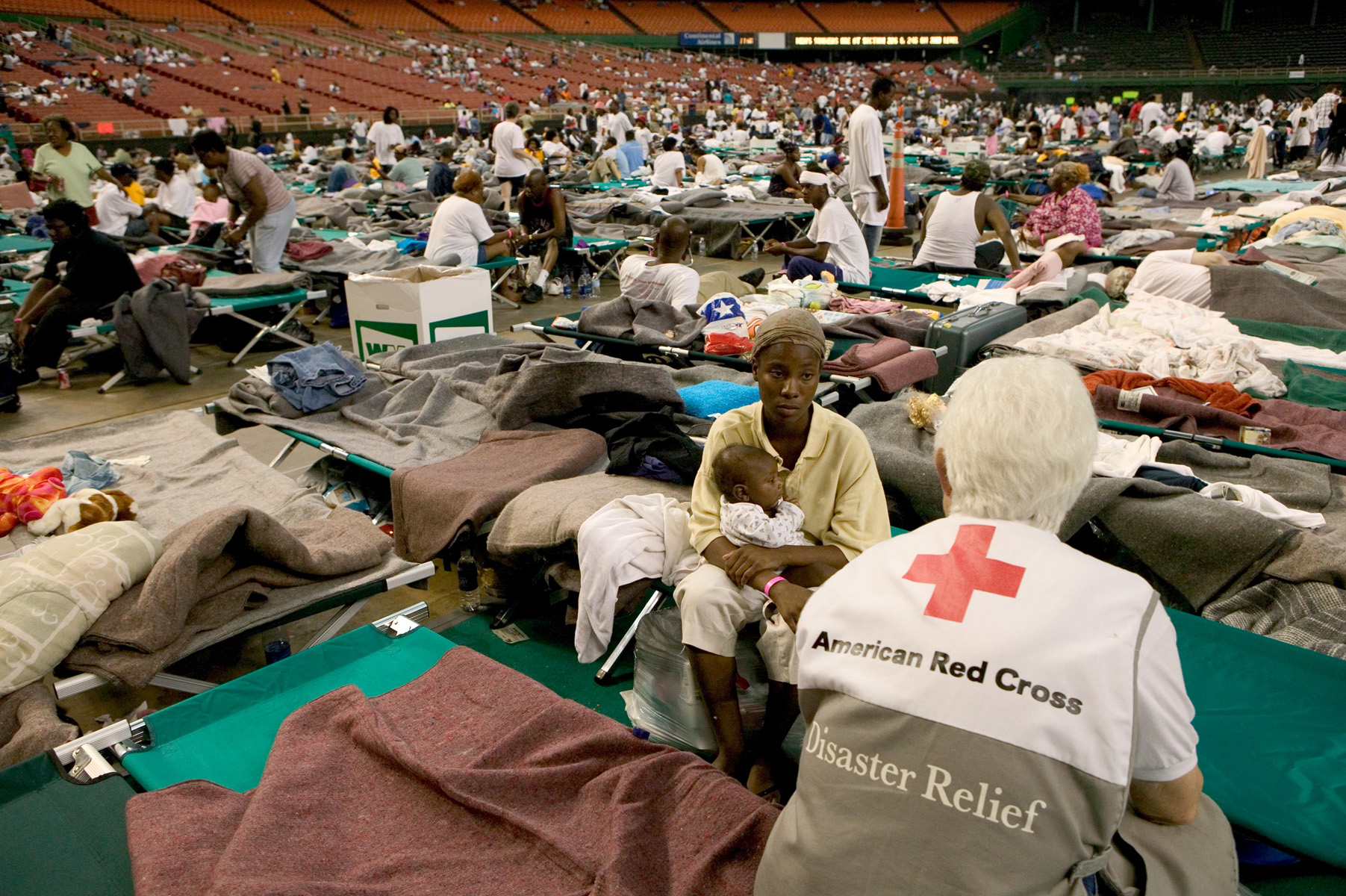Making it through a disaster can be just the beginning. Cut off from power, water, and medical resources, your life can still be in danger for some time. During this period the risk of contracting an infection increase, as do the potential complications of an infection. Without access to medicine, and perhaps with the need to push yourself physically, either to evacuate the area or look for supplies, you do not want to find yourself weakened from a preventable infection that could cost you your life. These are a few things to keep in mind after a disaster to reduce your risk of infection.
Stay Safe
The first step in reducing your risk is to stay safe. No matter what disaster struck your area it is likely to have left dangerous debris in its wake. When you are moving about after the disaster, dress appropriately. Wear long pants, long shirts, sturdy shoes, and gloves. This will greatly decrease the likelihood you will suffer cuts and abrasions that could easily become infected.
Understanding the End Time>>>
Stay Healthy
A healthy body will be able to fight off infection much more effectively than one that is under multiple stresses. Try to stay hydrated with safe water, either water that you have stored, boiled or otherwise purified. Avoid alcohol and sugar. Alcohol will cause dehydration, and like sugar will provide easily metabolized food for bacterial infections. Take multivitamins if they are available to you, your body is going to be under enough unavoidable stress after a disaster, don’t add nutrient deficiency to the list.
Suggested: Disaster Water Treatment
Stay Clean
Taking a hot shower will more than likely not be an option after disaster strikes. But staying clean will help you to prevent an infection. Keep baby wipes in your disaster kit. If you do suffer any wounds, keep them clean, irrigated, and covered. Use hydrogen peroxide to clean wounds and keep them covered to keep out contaminants, but allow time for the wound to breath when possible.
Once an infection has taken hold in your body it will be difficult to treat without the use of antibiotics. And while you are suffering from the effects, you will be operating at a diminished capacity, this alone can cause your death. The infection itself doesn’t need to kill you to be fatal, if you are unable to locate and carry water, food, or fuel, you will be at a greater risk. An ounce of prevention is always worth a pound of cure.
If you liked this, you might also enjoy…


